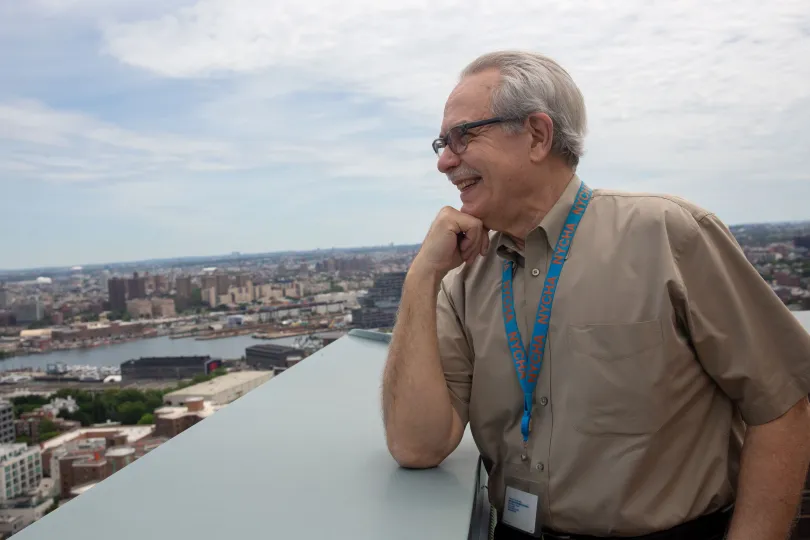High-Flying NYCHA Chair Greg Russ to Announce Departure
Minneapolis-based public housing poobah’s $258,000 job will become a volunteer post, as NYC Housing Authority struggles with basic maintenance.

 This article was originally published on by THE CITY
This article was originally published on by THE CITY
Chairman Gregory Russ is set to announce Thursday that he’s stepping down from his high-salaried job running the beleaguered New York City Housing Authority.
Russ was notable for masterminding a financial rescue plan for NYCHA — and for an unusually generous compensation deal that allowed him to commute regularly to his home in the Midwest while affording him an apartment in a luxury Tribeca high-rise.

Brooklyn Boro
View MoreNew York City’s most populous borough, Brooklyn, is home to nearly 2.6 million residents. If Brooklyn were an independent city it would be the fourth largest city in the United States. While Brooklyn has become the epitome of ‘cool and hip’ in recent years, for those that were born here, raised families here and improved communities over the years, Brooklyn has never been ‘uncool’.